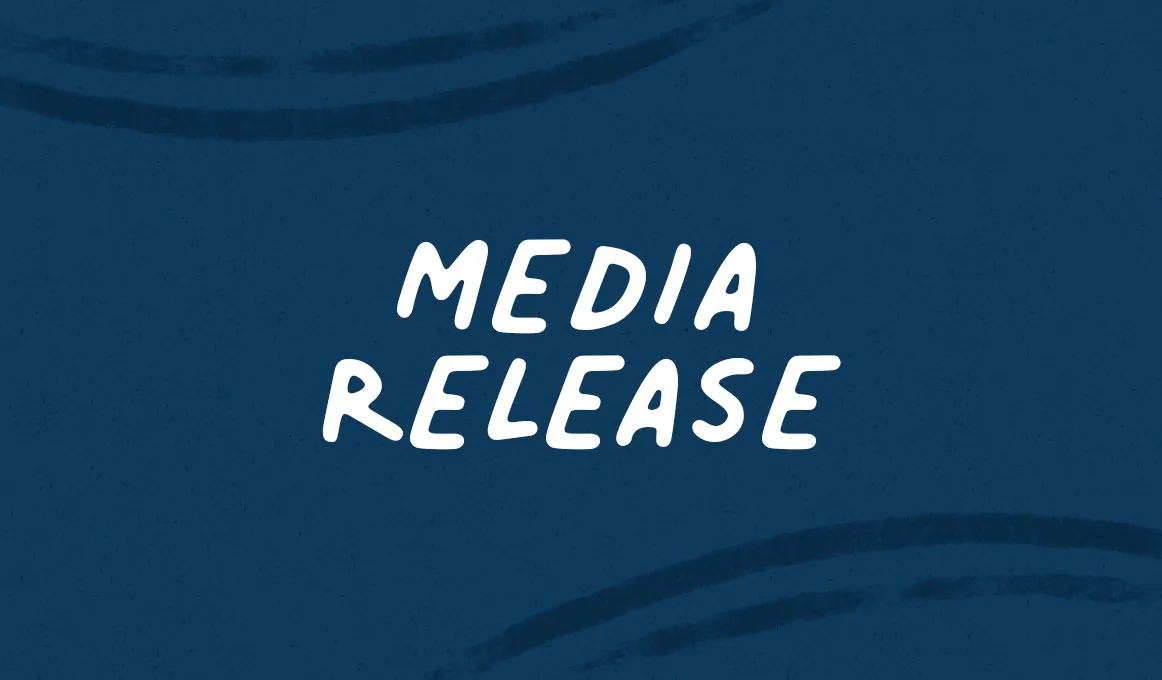Make sure your community is counted in the 2021 Census

The Australian Bureau of Statistics (ABS) has started sending instructions on how to complete the Census to more than 10 million Australian households ahead of the Census on Tuesday 10 August.
Media release - Australian Bureau of Statistics
The Australian Bureau of Statistics (ABS) has started sending instructions on how to complete the Census to more than 10 million Australian households ahead of the Census on Tuesday 10 August.
Around 85% of all households in Australia will receive a letter that explains how to complete online or how to order a paper form. Some households will receive a paper form and a reply-paid envelope for its return. There are instructions on the paper form if they prefer to complete it online.
For people in remote communities, there will be Census teams available to help households complete their form. Where possible, they’ll be people from within the community.
Chenile Chandler, a young Wurundjeri woman of the Kulin Nations and Census Community Engagement Officer is helping more Aboriginal and Torres Strait Islander Australians to understand the benefits of completing the Census.
Chenile said the ABS has been working closely with communities to make sure people can take part and be counted.
"Our ABS Aboriginal and Torres Strait Islander engagement staff, and our Census teams, are there to support community, including the local people who choose work on the Census," Chenile said.
"Having the right numbers means the right services can be provided in communities. For example, knowing the number of babies in a region can help plan funding for preschools or mums and bubs health programs
"There’s plenty of help for our mob to complete the Census, so that everyone participates.
"You can start as soon as you get your instructions if you know where you’ll be on Census night. You can complete the Census online, on a mobile device or on paper. This will make it easier for people to complete their Census at a time that suits them."
"Remember, the Census can help plan for community needs. That’s why it’s important to include everyone who is staying in your home on Census night, such as Elders, babies and visitors. Now more than ever, as we live through the COVID-19 pandemic, we need to know the demographics of our communities to help plan programs and services.
"Your participation in the Census means having the right services for our mob. Make sure you and your family are counted."
For more information and resources, visit www.census.abs.gov.au/indigenous.
Find out more
What is the Census? The Census, held on Tuesday 10 August 2021, is a snapshot of who we are and tells the story of how we are changing. It is one of the largest and most important statistical collections undertaken by the ABS.
How will people complete their Census? People are able to complete the Census online, on their mobile device or on paper. A number of options are available for people who need assistance to complete their Census form including help from Census staff, and phone and online help.
Census staff are in remote communities to help people complete the Census during July and August. Where possible, they'll be people who live in the community. Our staff will do face-to-face interviews with people living there.
What is new with the Census? People can complete their Census as soon as they receive their instructions if they know where they’ll be on 10 August. They don’t have to wait until Census night.
There are two new questions in the 2021 Census – the first changes to questions collected since 2006. The new questions are on long-term health conditions, such as arthritis and diabetes, and on defence force participation.
Conducting the Census in a COVID environment We expect most people will complete their Census online with no in-person contact from us. Wherever possible, locally recruited Census staff will be helping people in remote communities complete the Census. More information on conducting the Census in a COVID-19 environment can be found at Keeping the community safe during COVID-19.
How do people know if the Census instructions are legitimate? Census instructions will feature the official Australian Bureau of Statistics logo and the 2021 Census branding. Further information about what the public can expect from us is available at Avoiding scams and false information.
Census stories
Here are some Census stories that demonstrate the real, lived benefits of the Census for Aboriginal and Torres Strait Islander people, organisations, and communities:
- Aboriginal and Torres Strait Islander young people are leading the conversation about the importance of Indigenous Australians participating in the next Census.
- The Coen Regional Aboriginal Corporation used Census data understand the transport needs of people living in remote communities to help them stay connected.
- Census data helps First Nation’s surgeon Professor Kelvin Kong understand patient needs, and improve community health across Australia.
- Census data helps SEARMS Aboriginal Corporation understand the housing needs of older Aboriginal and Torres Strait Islander people, and help them "age in place" in an appropriate home.
- The University of Sydney uses Census data to help smooth the pathway to university for Aboriginal and Torres Strait Islander students.
- The Walu-win Centre uses Census data to understand the health services needed by the local community – helping local Aboriginal and Torres Strait residents to thrive.
- Kalkadoon man, Warren King became a local engagement manager so he could help his community be Census-ready and understand the importance of being counted.